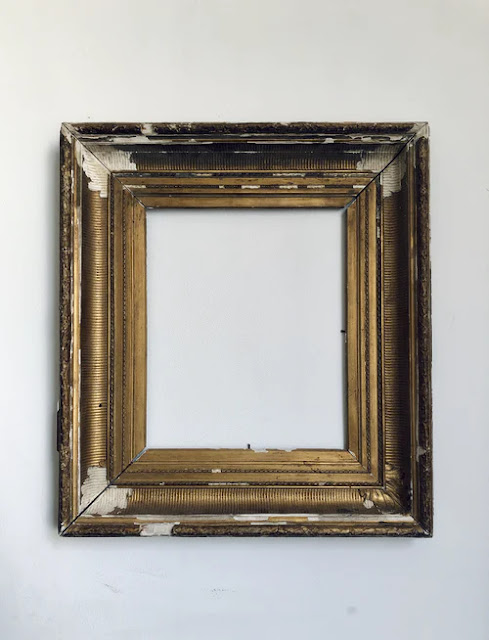Monday Musings – What Does God See When He Looks At Your Soul?

Since we have lost the sense of sin, it is unlikely that many of us have spent sufficient time looking at the true nature of our relationship with God and the actual condition of our souls – an essential self-examination if we desire to be eternally united with our Lord. When God looks at your soul what does He see? Photo by The Business Model Scholar on Unsplash Listen to Jesus explain this truth to St. Catherine of Siena: “Do you know, daughter, who you are and who I am? If you know these two things you have beatitude in your grasp. You are she who is not, and I AM HE WHO IS. Let your soul but become penetrated with this truth, and the Enemy can never lead you astray; you will never be caught in any snare of his, nor ever transgress any commandment of mine; you will have set your feet on the royal road which leads to the fullness of grace, and truth, and light." Without God we are nothing! Now listen and ponder the words of St. Peter Julian Eymard as he urges...





